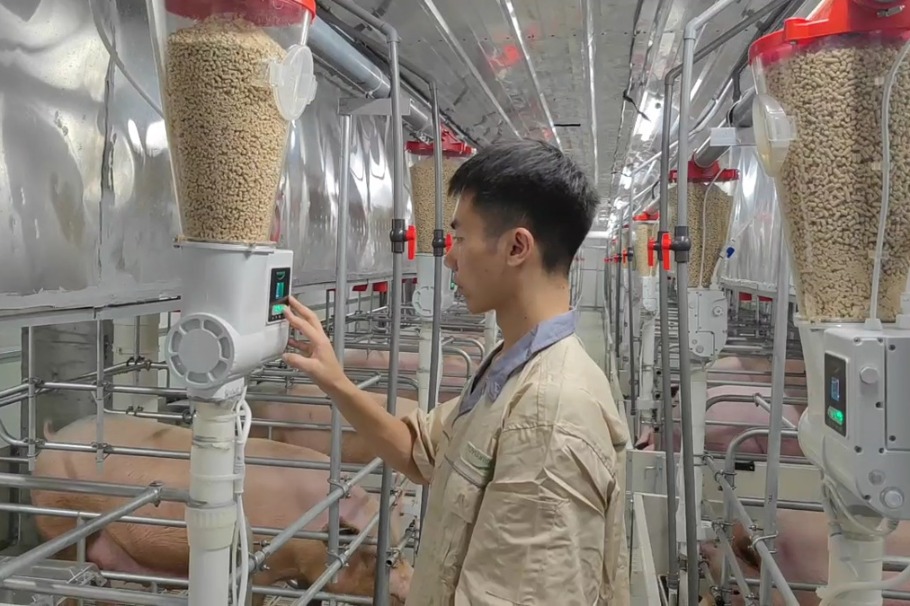Sichuan hospital learns to battle tapeworms

Professor Wang Wentao hurried to the Ganzi Tibetan Autonomous Prefecture Hospital in Sichuan province last week to be the leading surgeon operating on a Tibetan teenager suffering from a tapeworm infection.
"The Ganzi Tibetan Autonomous Prefecture Hospital's diagnosis that the echinococcosis had affected his liver, duodenum and pancreas was correct. It needed my help because the operation was too complicated," said Wang, deputy chief of the liver surgery department of the West China Hospital of Sichuan University in Chengdu, Sichuan.
If not for the complexity of the teenager's case, he would not have hurried to the Ganzi hospital, which is about seven hours' car ride from Chengdu, he said.
Surgeons in the Ganzi hospital can cope with all common cases of echinococcosis thanks to long-term assistance from the West China Hospital of Sichuan University, according to Wang, who has been hired as the leading expert in the prefecture's echinococcosis prevention and treatment center.
Echinococcosis is a potentially fatal parasitic disease that mainly affects people in herding areas in Sichuan, Qinghai and Gansu provinces, and the Xinjiang Uyghur, Tibet, Ningxia Hui and Inner Mongolia autonomous regions.
The seven provinces and regions have about 66 million people in areas affected by the disease, according to a news conference held by the National Health Commission in Chengdu on Thursday.
Located at the juncture of Sichuan, Yunnan and Qinghai provinces and Tibet, Ganzi is one of the least developed areas in Sichuan.
Nearly two out of every 100 people there suffer from echinococcosis. In Shiqu, a county in Ganzi, more than 12 people out of every 100 people suffer from the disease, the highest rate in the world.
Since 2006, the West China Hospital of Sichuan University's telemedicine center has cooperated with its counterpart in the Ganzi Tibetan Autonomous Prefecture Hospital, with doctors in the former diagnosing patients in the Ganzi hospital 1,960 times online and training more than 70,000 doctors from different parts of Ganzi.
"Medics from my hospital have given lectures and shown how to perform operations on echinococcosis in the Ganzi hospital," said Li Weimin, president of the West China Hospital of Sichuan University.
Staff members of the ultrasonic department of his hospital have provided training for all county-level hospitals in Ganzi, making it possible for them to diagnose echinococcosis.
The efforts paid off. Echinococcosis can be diagnosed in the Ganzi prefecture and operations on it can be performed in the Ganzi hospital, Wang said.
In 2008, the hospital performed only 20 operations. Now it can perform 500 operations a year, he said.
- Beijing-Tianjin-Hebei 2025 celebrations shine at Zhengding county
- Multiple legal, policy measures take effect in China
- SCIA elevates global reach with launch of new English website
- Legacy of Tea Horse Road lives on in Yunnan village
- Brewing rich legacy of tea culture
- China's unfolding story of innovation, unity and influence





































